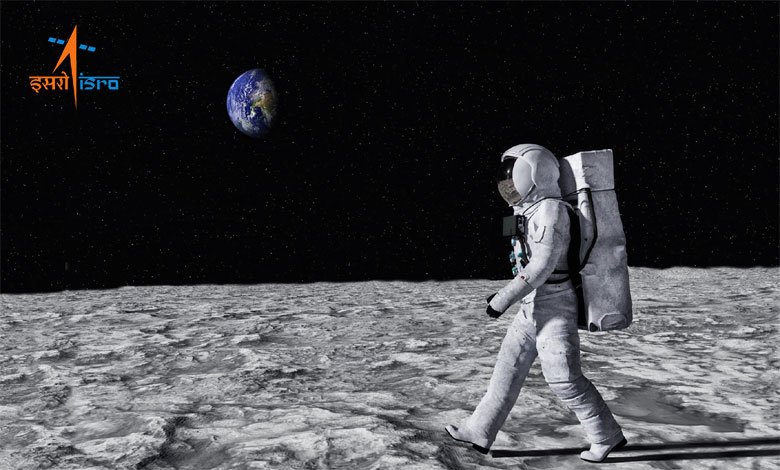First Indian astronaut on moon by 2040: ISRO
After the stellar success of its history-making Chandrayan-3 lunar mission, ISRO is going full throttle with its plans to send Indian astronauts for the first time on the moon by 2040, says its chairman S. Somanath.

Thiruvananthapuram: After the stellar success of its history-making Chandrayan-3 lunar mission, ISRO is going full throttle with its plans to send Indian astronauts for the first time on the moon by 2040, says its chairman S. Somanath.
“Looking ahead, ISRO aims to take the next step in space exploration with the Gaganyaan programme, planning to launch a crew of 2 to 3 Indian astronauts into Low Earth Orbit (LEO) for up to three days before safely returning them to a predefined site in Indian waters,” he divulged in an exclusive article for Manorama Yearbook 2024, which was released last week.
Four test pilots from the Indian Air Force have been selected as Astronaut-Designates for the mission. Currently, they are undergoing mission-specific training at Astronaut Training Facility (ATF) in Bengaluru, said Mr Somanath, who is also Secretary, Dept. of Space, and Chairman of, Space Commission.
The inaugural manned space mission Gaganyaan involves developing critical technologies, including a human-rated (capable of safely transporting humans) launch vehicle (HLVM3), an Orbital Module comprising a Crew Module (CM) and Service Module (SM), and life support systems.
Two identical un-crewed missions (G1 & G2) besides Integrated Air Drop Test, Pad Abort Test, and Test Vehicle flights will precede the manned mission.
CM is a habitable space with an Earth-like environment in space for the crew and is designed for safe re-entry. Safety measures also include a Crew Escape System (CES) for emergencies.
The first development flight of Test Vehicle (TV-D1) was launched on October 21, 2023, and it successfully demonstrated in-flight abort of the Crew Escape System, followed by Crew Module separation and its safe recovery from the Bay of Bengal by the Indian Navy.
“The success of this test flight was crucial for subsequent unmanned missions and the ultimate human space mission, expected to be launched in 2025,” he said.
Another important project of the ISRO, Somanath said, is Aditya L1, which is India’s maiden solar exploratory mission. It will study the sun from the unique vantage point of Lagrange Point 1, showcasing the country’s prowess in both lunar and solar research.
